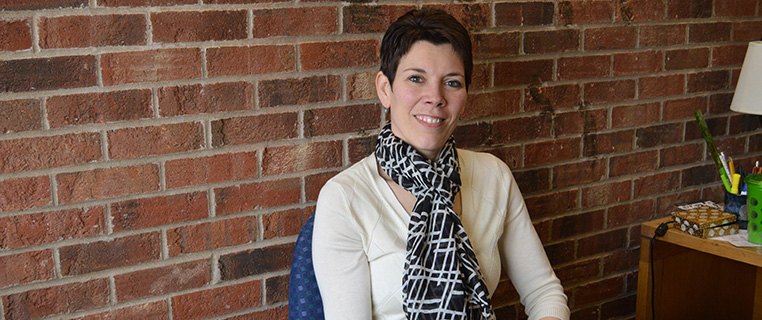 Everyone has been pitched on a pyramid scheme.
Everyone has been pitched on a pyramid scheme.
Stacie Bosley, assistant professor of economics at Hamline University, discusses risk factors for victimization and how to keep yourself and loved ones’ finances safe.
Stacie Bosley is an economist who focuses on microeconomics and behavioral economics in both her research and teaching. Bosley is presently studying the dynamics of pyramid schemes in the U.S. and around the world, examining social and economic factors that influence participation. She teaches courses in microeconomic theory, managerial economics, behavioral economics and quantitative analysis, conducts summer collaborative research with undergraduate students, and was awarded the university’s Faculty Advisor of the Year award. The recipient of the 2013 Dean’s leadership award for work on academic programs and assessment, Bosley has served as the university’s Director of Assessment. Bosley holds a BBA in Finance from the University of Wisconsin-Madison and a Ph.D. in Applied Economics from the University of Minnesota. Prior to her graduate education, she worked as a consultant for Accenture (then Andersen Consulting) coding and designing human resource and payroll systems for public sector clients.
Pyramid Schemes
Have you ever been pitched an opportunity by a friend, family member or acquaintance, but later realize there is something a bit fishy about the offer? Promises of easy money, earning cash in your sleep or other “too good to be true” elements setting off alarm bells?
If the venture involves paying money and recruiting others who will do the same, it is quite likely an illegal pyramid scheme. Conservative estimates suggest that approximately 2 million Americans are victims of pyramid scheme or related business opportunity fraud each year, yet this form of fraud has seen very little academic attention, far less than its higher profile cousin, the Ponzi scheme.
In both Ponzi and pyramid schemes, you pay to participate and your money is used to enrich earlier entrants. But only pyramid schemes explicitly reward you for recruiting new participants from your social networks and they are often disguised as a retail sales venture. While the average financial loss might be lower than in a Ponzi scheme, the recruitment element of pyramids damages interpersonal and community relationships.
Our recent research identified some important risk factors for victimization. Analyzing data from a nation-wide pyramid scheme, we found participation rates were higher in counties that had experienced larger economic contractions and that had easily targeted, high-trust affinity groups such as religious communities, the recently retired, and minority populations. There were also strong regional differences, with the highest scheme participation in the South and the lowest in the Northeast. Using an economic experiment, my research team is now investigating individual level risk factors like impulsivity, risk preferences, and financial literacy.
There will unfortunately always be frauds and swindlers – we hope to learn what we can about sources of vulnerability to effectively and efficiently inoculate consumers and communities before they receive that deceptive pitch.
